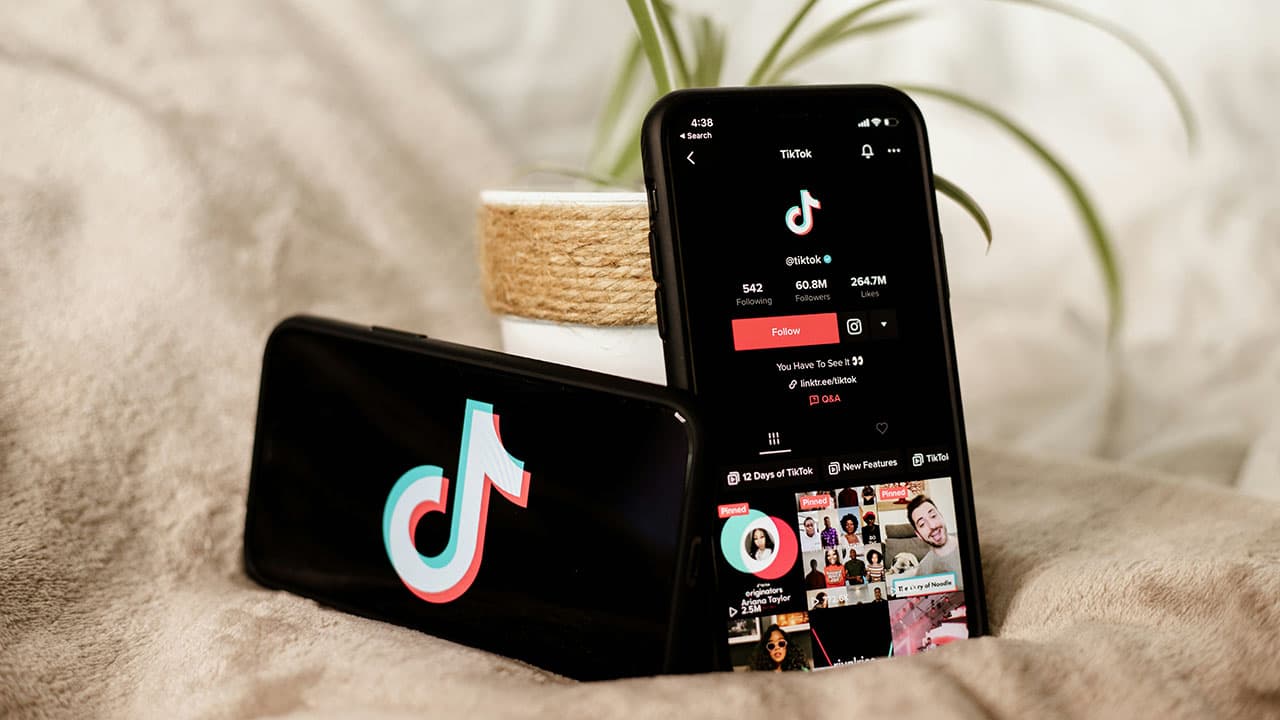The Controversial Call to Ban TikTok in America
In recent times, TikTok has become hugely popular in the United States. It's known for its short videos, from dances to funny clips, and lots of people love it. However, TikTok is facing big challenges from the government. The U.S. House of Representatives just passed a law that could make TikTok's Chinese owners sell their part of the app or see TikTok banned in the U.S. This is because government officials are worried about safety and keeping private information safe. Why do American leaders want to stop TikTok? Let's look into the reasons.
National Security Concerns
One of the paramount worries is national security. TikTok is owned by ByteDance, a company based in China. Given the tense relationship between the United States and China, particularly regarding technology and cyber-espionage, fears abound that TikTok could serve as a spying tool. Legislators worry that the app's data collection could provide the Chinese government with access to sensitive information about American citizens.
American laws demand that companies operating within its borders safeguard user data. Yet, with TikTok's parent company being foreign, particularly Chinese, distrust runs high. Some officials argue that there's a possibility ByteDance could be coerced into handing over data to the Chinese government, although TikTok has consistently denied these allegations.
Data Privacy Issues
Data privacy is another significant issue. TikTok collects a vast amount of user data — from location information and browsing history to facial recognition data. Concerns are that this data could be misused. Young Americans form a significant portion of TikTok's user base, which only heightens the sense of urgency to protect the susceptible demographic from potential data misuse or exposure to harmful content.
This unease isn't unfounded. The U.S. has recently witnessed how social media can be manipulated to influence public opinion and even disturb democratic processes. The thought is that a similar scenario could play out with TikTok, especially when considering its algorithmic power to potentially sway political views or spread misinformation.
AI Algorithm and Its Impact on Young Users
Concerns around TikTok in the U.S. have a lot to do with its Artificial Intelligence (AI) algorithm — a smart computer program that decides what videos people see. This has led to worries, especially about kids and teenagers. Some lawmakers and members of the public are uneasy because the AI is so good at keeping users hooked, which might not be great for the mental health and growth of younger viewers. They're worried that this AI could show young people content that's not suitable, breaking rules meant to keep kids safe online. Because of these concerns, some people think that stopping TikTok from operating might be a good way to protect young users from potential harm.
Copycat Effect
Lawmakers are aware that the actions of powerful nations reverberate across the globe. When India banned TikTok in 2020, citing similar reasons—including cybersecurity and sanctity of its citizens' data—it was seen as a bold move that might inspire others to follow suit. If the U.S. passed a similar ban, it could signal to allies and other nations that the potential risks of TikTok outweigh its benefits, leading to a broader international response.
Legislative Measures in the Works
Recent legislative measures, such as Senator Marco Rubio's move to introduce a bill to ban TikTok nationally, evidence a bipartisan consensus that the app's risks are non-negligible. Before Rubio, the Trump administration had attempted to limit TikTok's operations in the U.S., which underscores the long timeline of suspicion towards the app.
Given the mix of data privacy concerns, the sway of foreign influence, impact on the youth, and international copycat effects, the drive to ban TikTok seems increasingly forceful. Some find this to be an interference in free expression and market freedom, especially since TikTok has embedded itself into American culture as a platform for creativity and connection. Yet, for lawmakers championing a ban, the choice seems to be clear: national security and the protection of citizens' data come above all.
What Lies Ahead for TikTok in the USA
The fate of TikTok in the United States is on the brink of a significant transformation following the U.S. House of Representatives' approval of a bill aimed at compelling ByteDance, TikTok's Chinese parent company, to divest its stake or face a potential ban. The proposed legislation, reflecting bipartisan concern over national security and data privacy, underscores the deepening scrutiny of foreign technology platforms operating in the U.S. Despite TikTok's vast popularity among 170 million U.S. users, the legislative and executive branches of the government are poised to address the risks associated with ByteDance's potential ties to the Chinese government.
With the White House endorsing the bill and a critical stance from both sides of the aisle, the trajectory of TikTok's operations in the U.S. hinges on forthcoming legislative processes and potential legal battles. This development marks a pivotal moment in the ongoing discourse on digital sovereignty, privacy, and the role of social media in the fabric of American society. As the bill advances to the Senate for further deliberation, the outcome will not only shape the future of TikTok in the U.S. but also set a precedent for the regulation of foreign-owned applications in the digital era.












